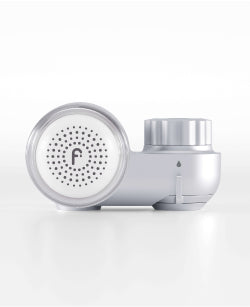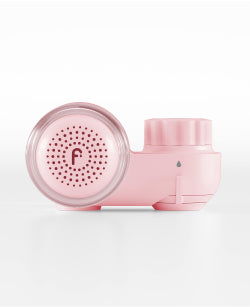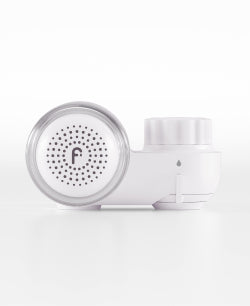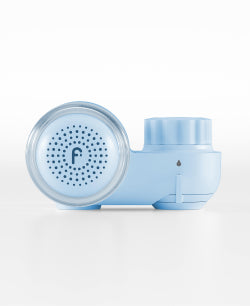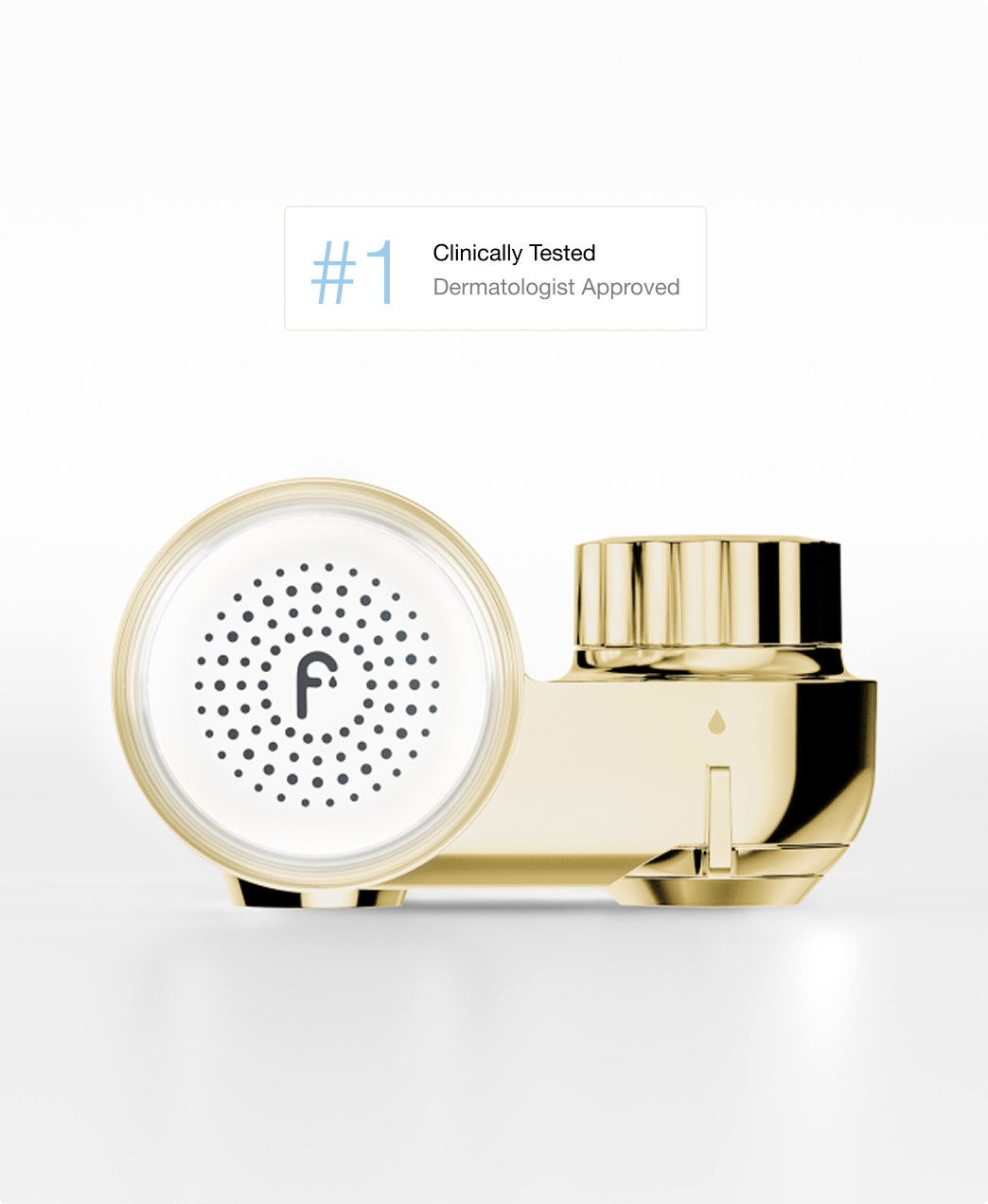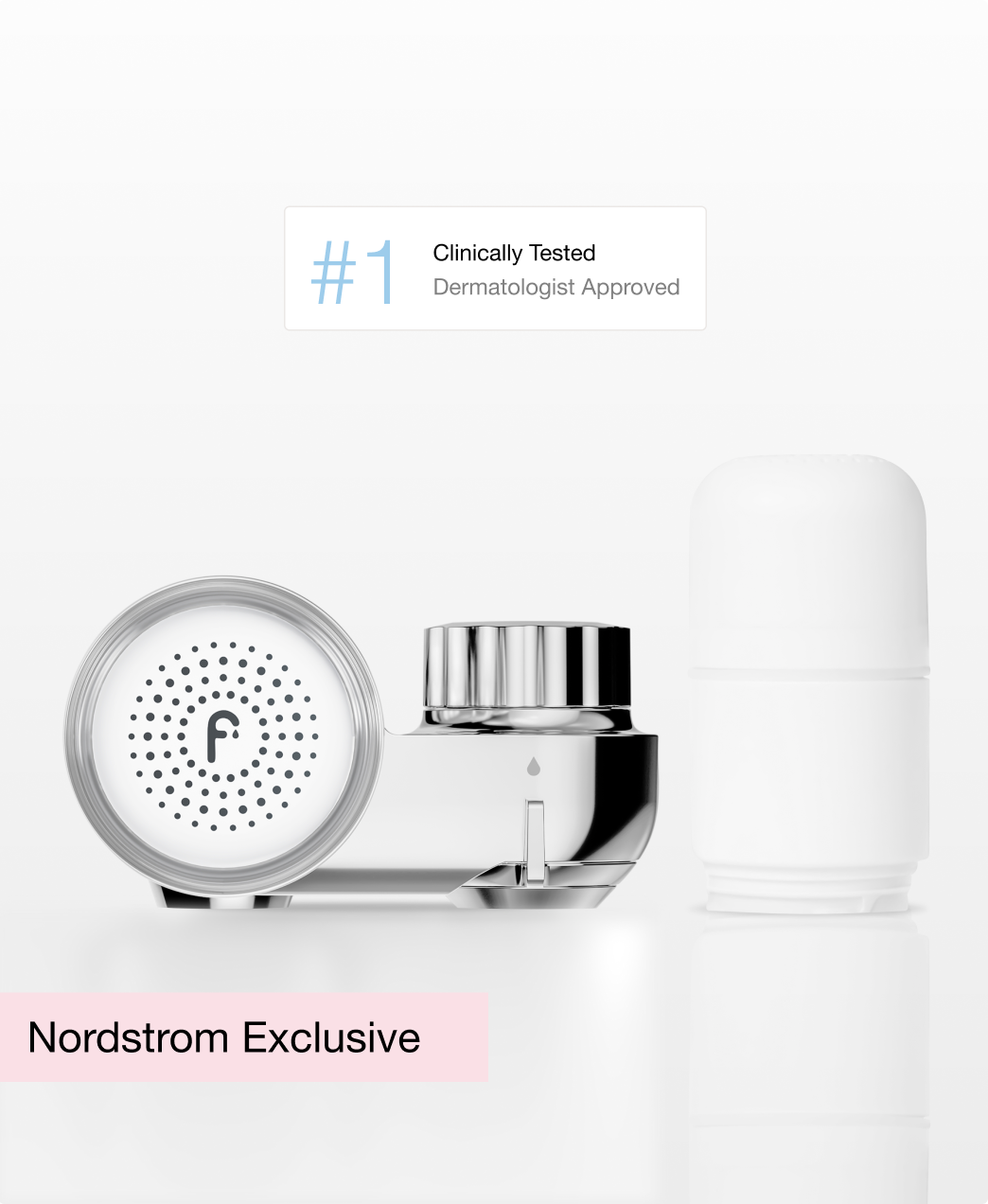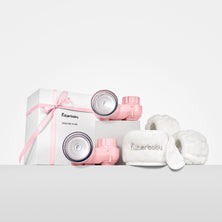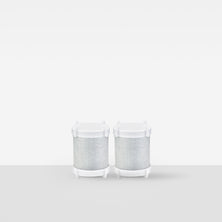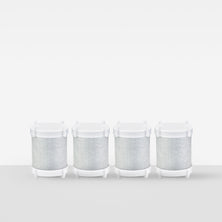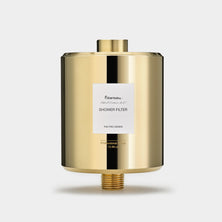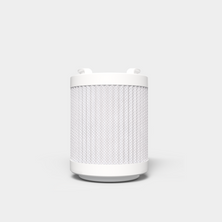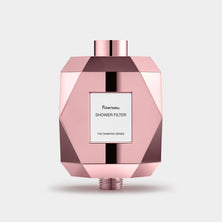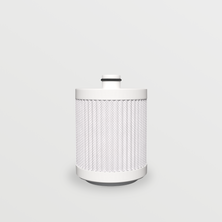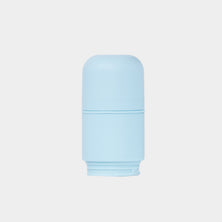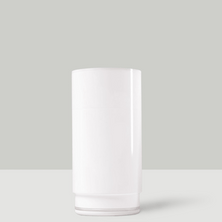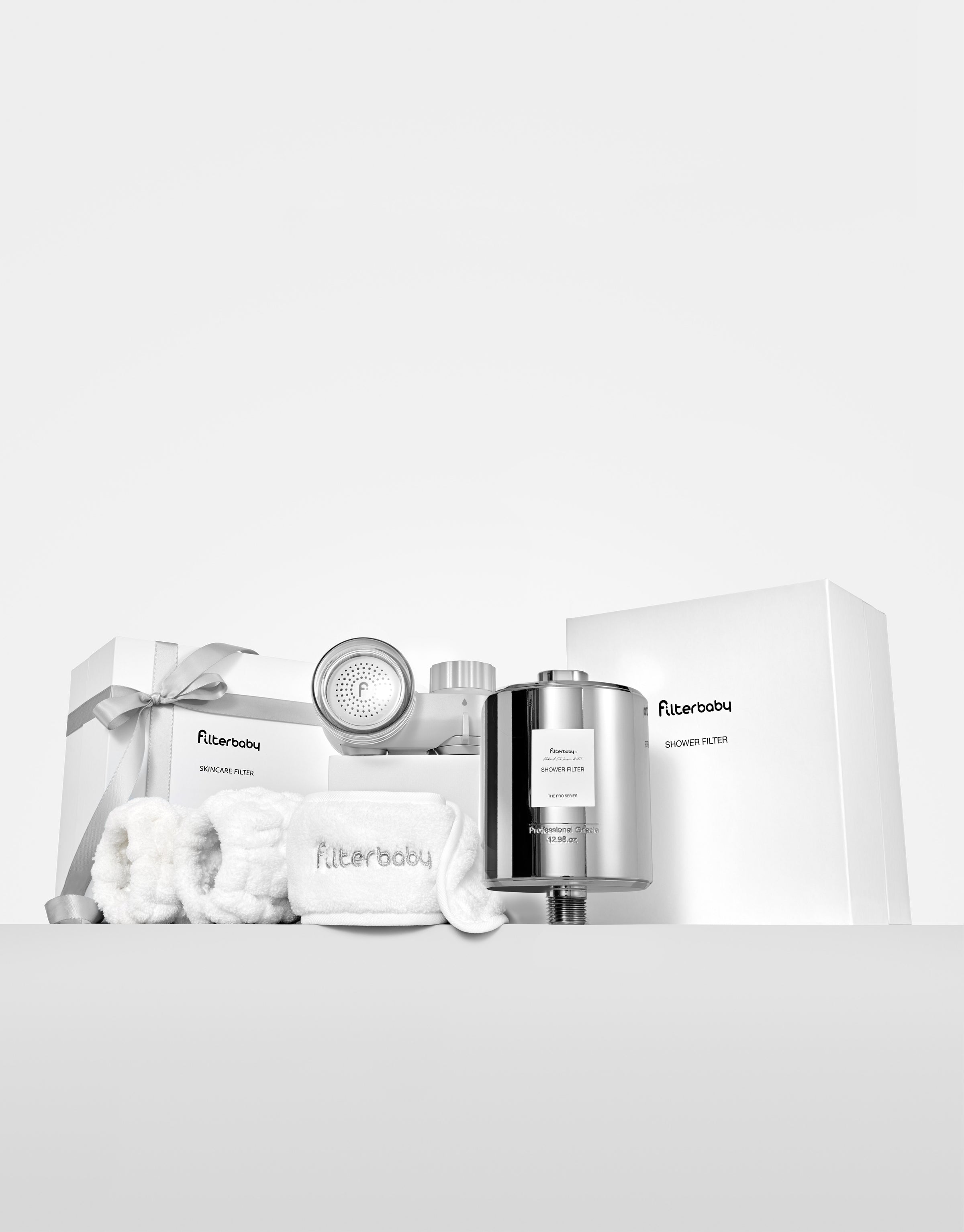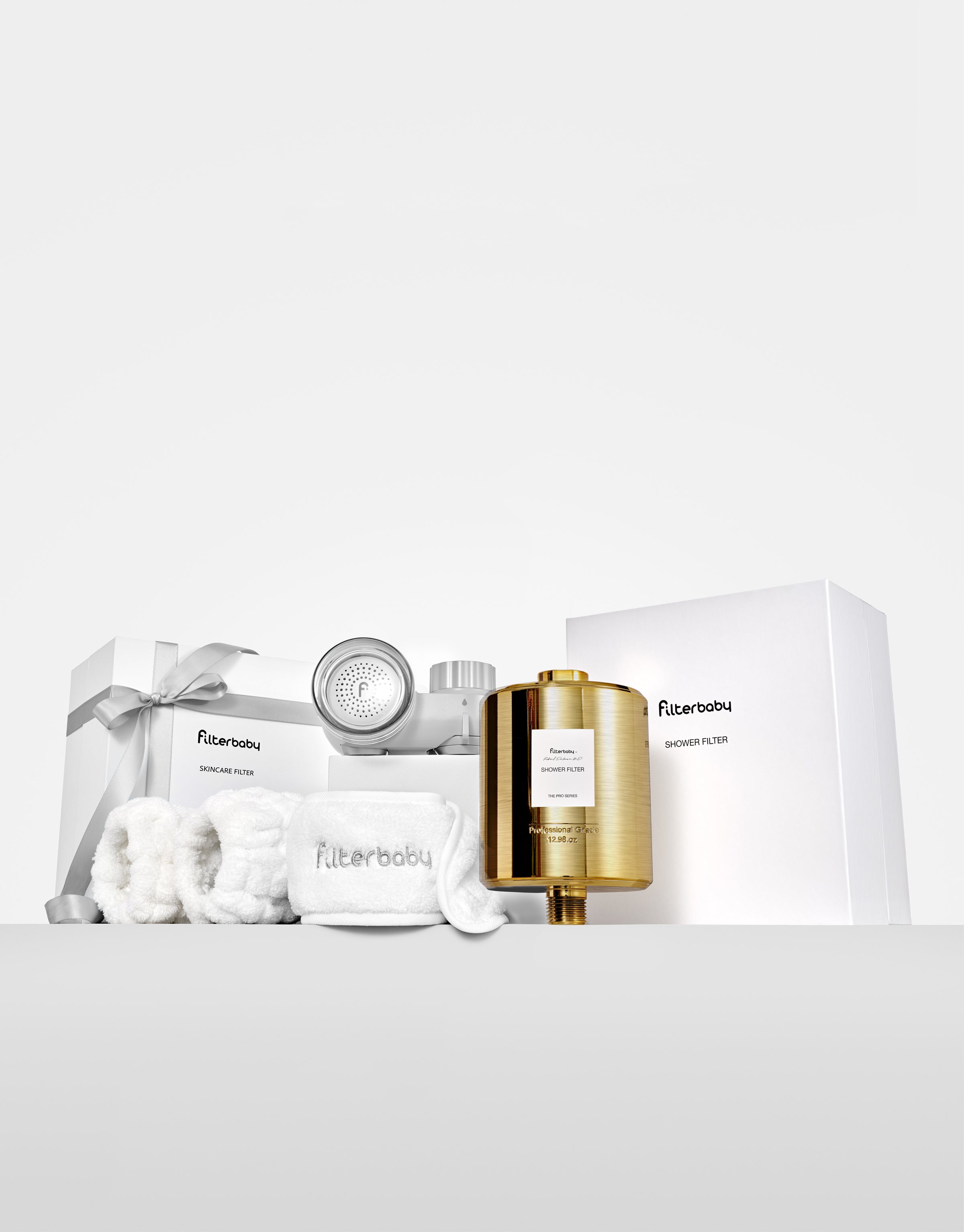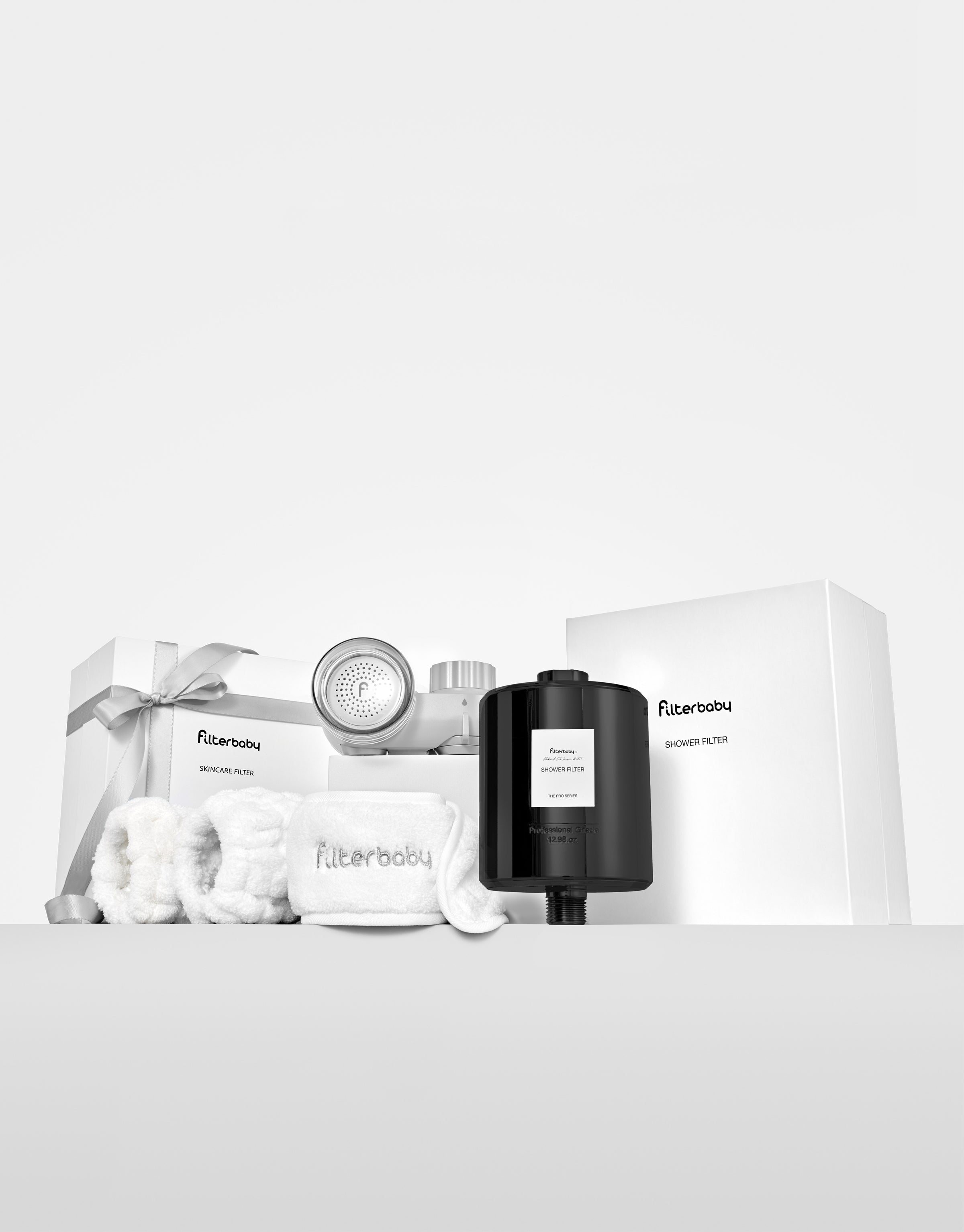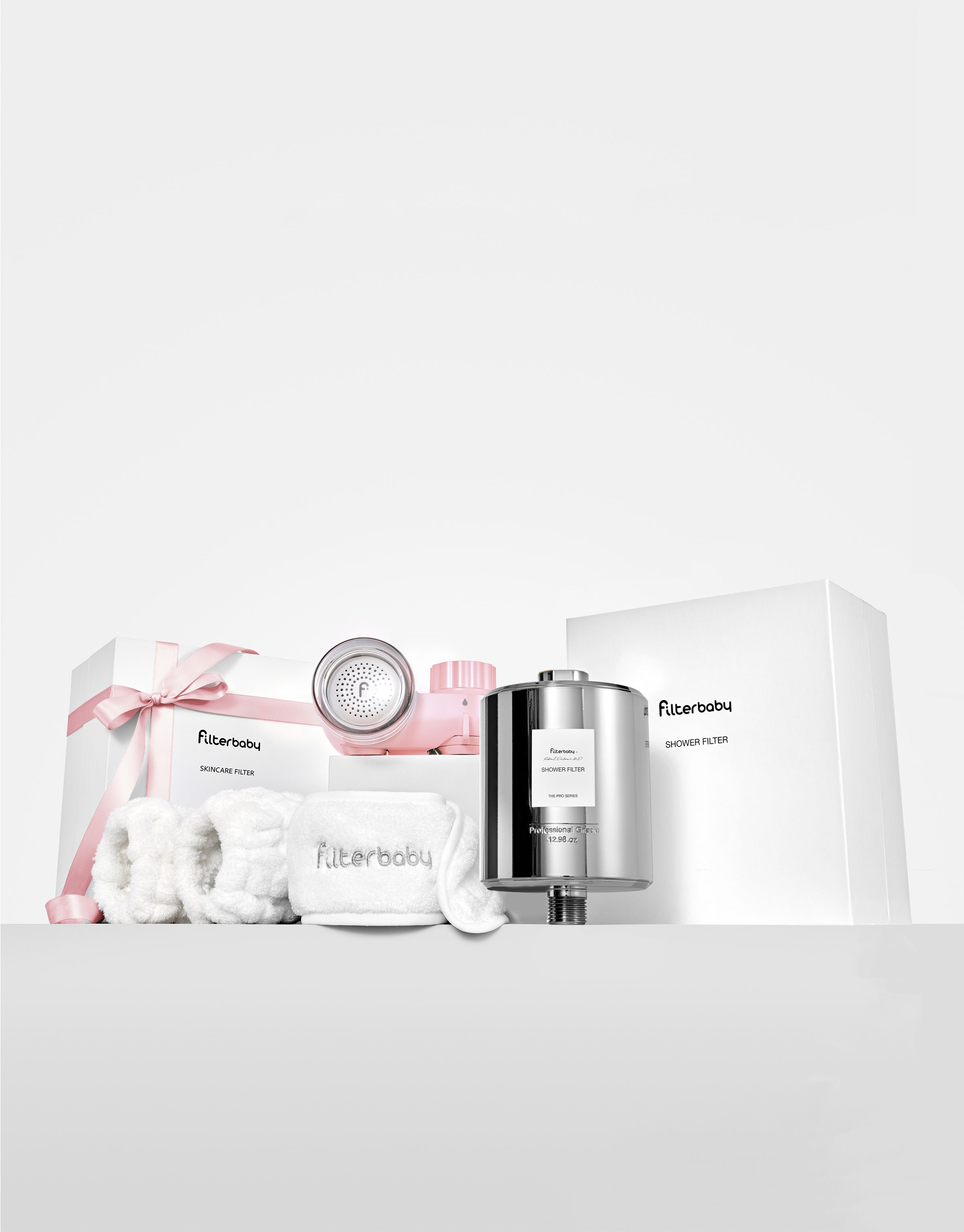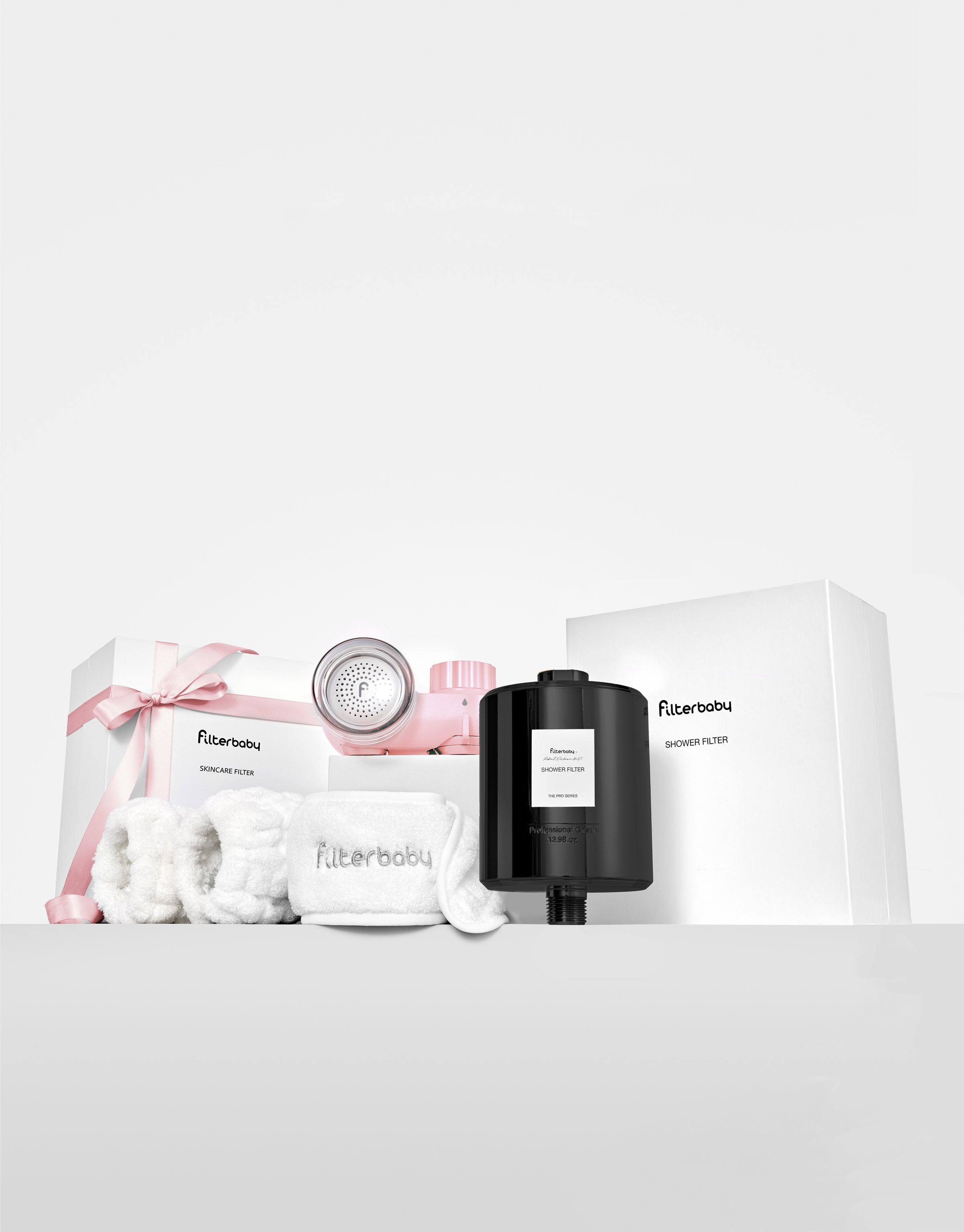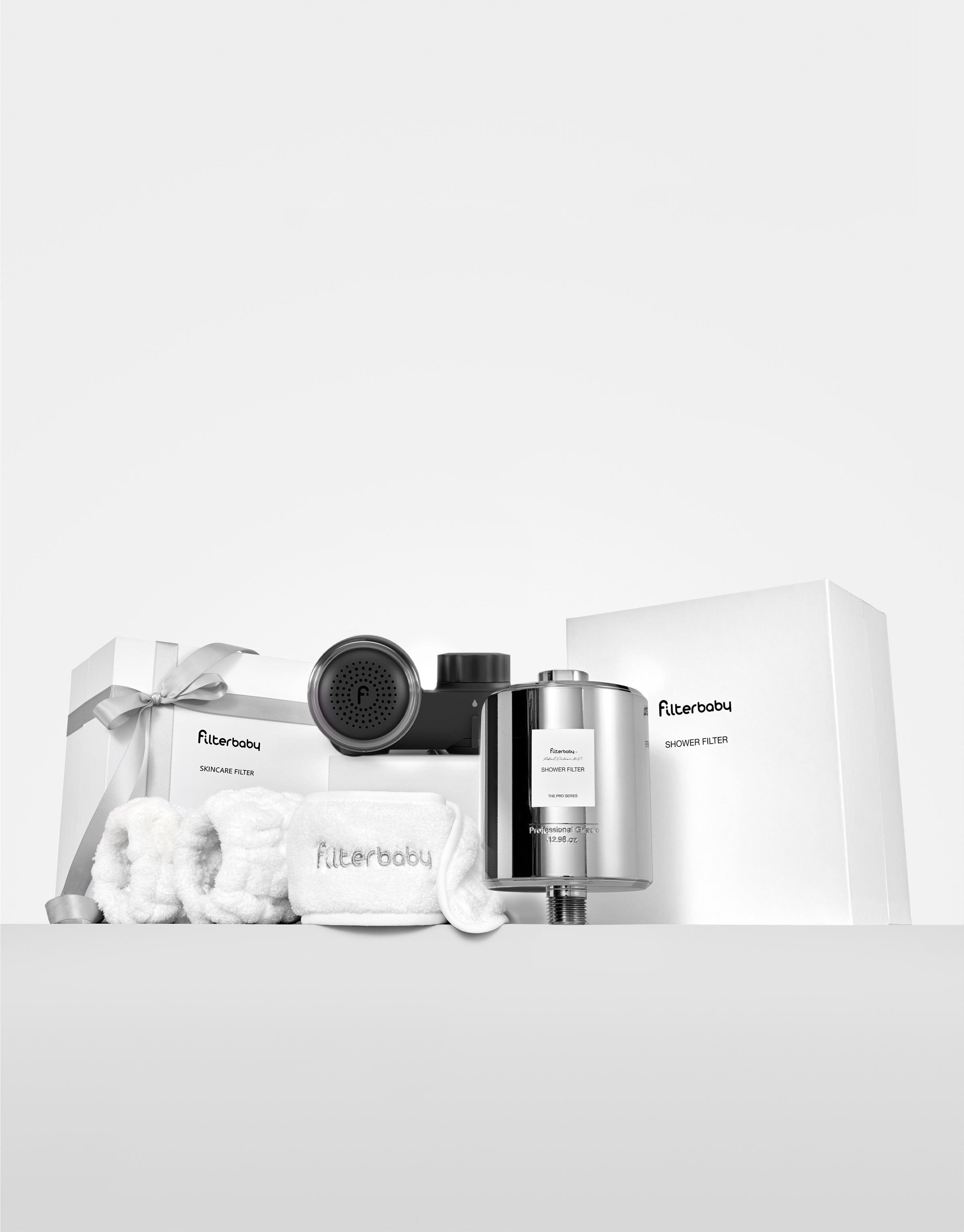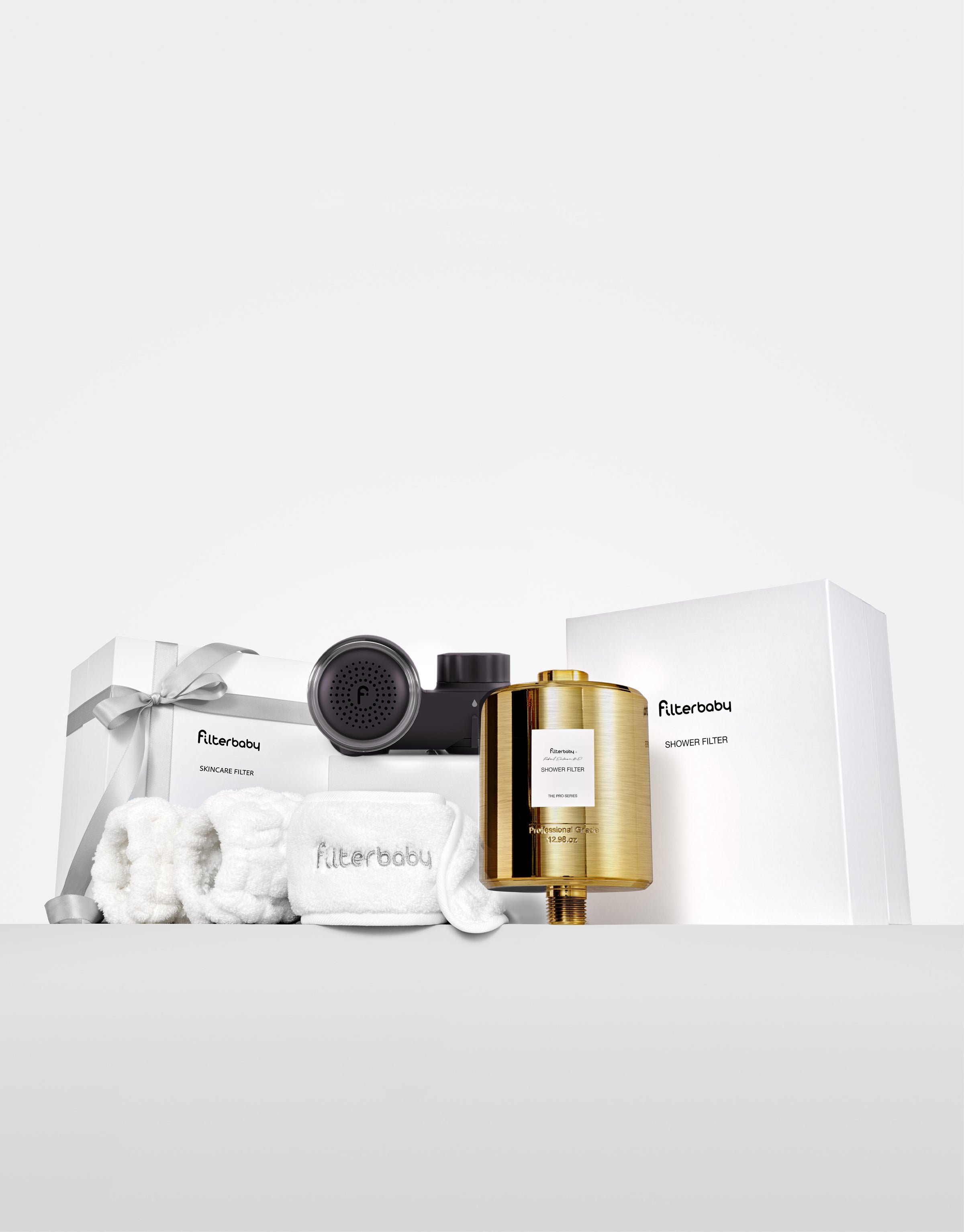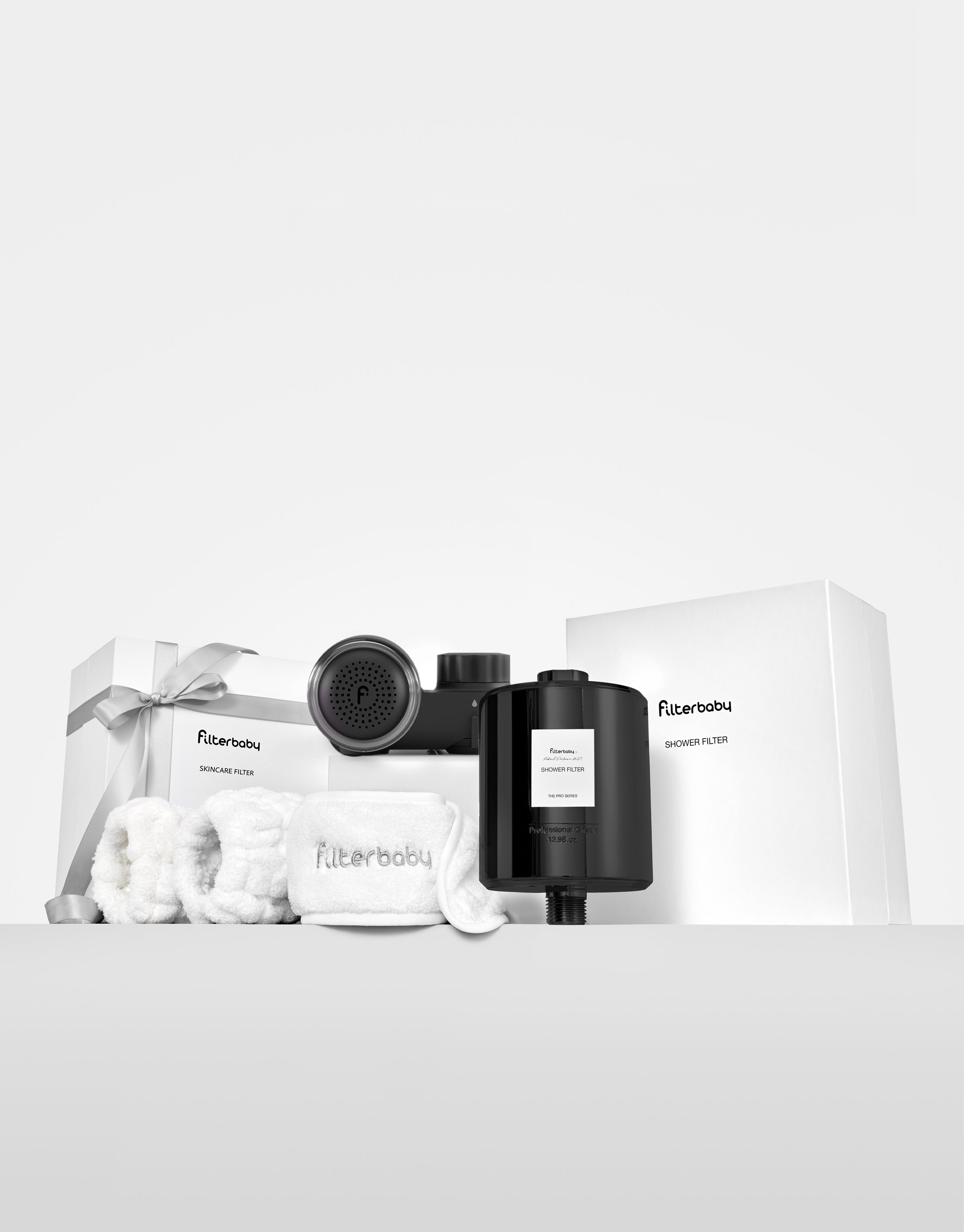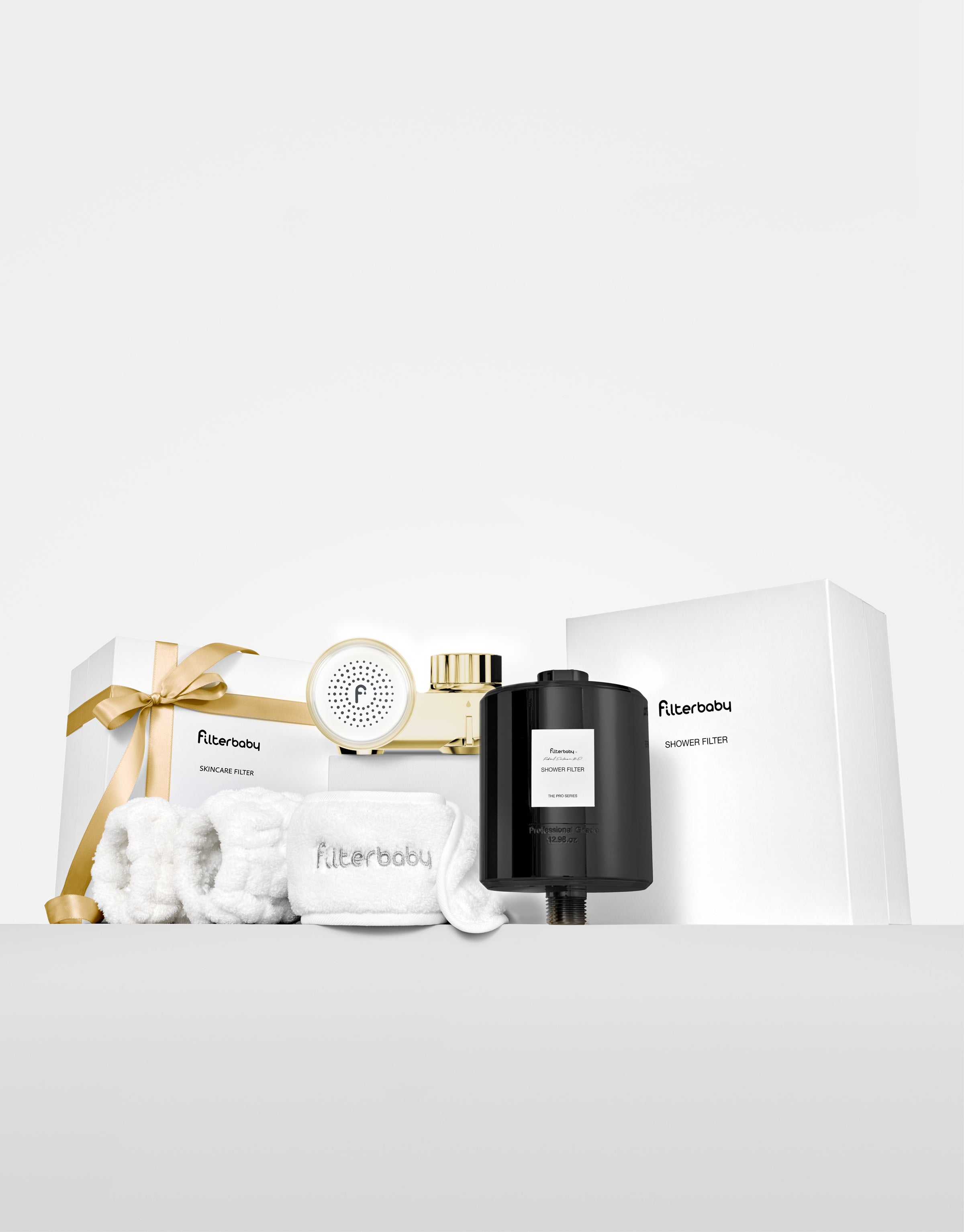Although coconut oil can be hydrating, it may also clog pores
Margaret Trashian, MD
Are you tired of sifting through endless skincare products that promise you glowing, youthful skin, only to be left with disappointment? Well, look no further, because the answer to your skincare woes might just be lurking in your kitchen pantry - coconut oil!
Yes, you read that right - this humble ingredient commonly used in cooking can work wonders for your skin. With its moisturizing, anti-aging, and antibacterial properties, coconut oil has become a popular choice for natural skincare enthusiasts. But before you slather it on your face, you may be wondering - should I be using coconut oil on my skin?
Like many things in life, the answer is not a simple yes or no. While coconut oil can provide numerous benefits for some, it may not be suitable for everyone. Factors such as skin type, age, and underlying skin conditions can all affect how well your skin tolerates coconut oil.
Additionally, its comedogenic properties may cause breakouts in people with oily or acne-prone skin.
But fear not, dear reader - with a bit of experimentation and knowledge, you may just find that coconut oil is the secret ingredient missing from your skincare routine. So go ahead, give it a try - your skin (and your wallet) may thank you for it!
Benefits of Coconut Oil For Skin
One of the main benefits of coconut oil for the skin is its ability to moisturize and hydrate. The fatty acids in coconut oil penetrate deep into the skin, helping to lock in moisture and prevent dryness. This can be especially helpful for individuals with dry, flaky, or sensitive skin. Coconut oil can also help to soothe irritated skin and reduce inflammation, making it a popular choice for those with skin conditions such as eczema or psoriasis.
Coconut oil also has antibacterial and antifungal properties, which can help to combat acne and other skin infections. When applied to the skin, coconut oil forms a protective barrier that can help to prevent bacteria and other harmful microbes from entering the skin. This can be especially beneficial for individuals with acne-prone skin, as it can help to reduce the frequency and severity of breakouts.
In addition to its moisturizing and antibacterial properties, coconut oil is also a rich source of antioxidants. These antioxidants can help to protect the skin from environmental stressors such as pollution and UV radiation, which can cause damage and premature aging. Regular use of coconut oil on the skin can help to improve skin elasticity and reduce the appearance of fine lines and wrinkles.
Overall, the numerous benefits of coconut oil for the skin make it a popular choice for individuals looking for a natural, effective skincare solution. Whether used on its own or as an ingredient in skincare products, coconut oil can help to nourish, hydrate, and protect the skin, leaving it looking and feeling healthy and radiant.

Negatives of Coconut Oil For Skin
While coconut oil has many benefits for the skin, there are also some potential negatives to keep in mind. One of the main concerns is that coconut oil can be comedogenic, meaning it can clog pores and potentially lead to acne breakouts. This is because coconut oil is a heavier oil that may not absorb as easily into the skin as other oils, which can lead to buildup and congestion in the pores.
However, this does not mean coconut oil should be completely omitted from skincare. It can still be used if proper cleansing measures are taken to prevent clogged pores. This means thoroughly cleansing the skin and using a water filter like the one from Filterbaby to help maximize cleansing.
FAQ
Is it OK to put coconut oil on my face?
It can be used as a cooking oil in the kitchen, to treat damaged hair, and even as a moisturizer for the skin on your body. It also provides antioxidants, minimizes the signs of aging, boosts nutrients and helps to protect skin.
Who should not use coconut oil on their face?
If you have oily skin and are acne-prone, coconut oil shouldn't be applied to acne-prone areas. Steer clear of applying coconut oil to your face, chest, upper back and shoulders, as these areas of skin have the most oil glands, and do test patches on other areas of your body before going all in.
Should I use coconut oil for my face day or night?
Use coconut oil at night because skin cells repair themselves at night as opposed to in the day time. We sweat more because the glands and pores are more active during the day. Coconut oil is a good body moisturizer that is easily absorbed, so it is recommended to use it after daily cleansing.
Does coconut oil clog pores?
Coconut oil is comedogenic, which means it can clog pores. It is not recommended for those with very oily skin. Proper cleansing should be done after the use of coconut oil.

Conclusion
Coconut oil can offer numerous benefits for the skin, including moisturizing, anti-aging, antibacterial, and antioxidant properties. However, it is important to consider individual factors such as skin type and underlying conditions before incorporating coconut oil into your skincare routine. While it can be a game-changer for some, it may not be suitable for everyone.
One of the potential downsides of coconut oil for the skin is its comedogenic properties, which can lead to clogged pores and breakouts. However, this can be managed by properly cleansing the skin and using a water filter to maximize cleansing.
Overall, incorporating coconut oil into your skincare routine can be a cost-effective and natural way to nourish and protect your skin. However, it is important to remember that everyone's skin is different, and what works for one person may not work for another. As with any skincare product, it is always recommended to do a patch test and consult with a dermatologist if you have any concerns.
P.S. We did the homework so you don't have to!
- "COCONUT OIL – A REVIEW OF POTENTIAL APPLICATIONS." 8 Oct. 2015, https://www.researchgate.net/profile/Annie-Shirwaikar/publication/289520021_Hygeia_journal_for_drugs_and_medicines_COCONUT_OIL_-_A_REVIEW_OF_POTENTIAL_APPLICATIONS/links/568e099d08ae78cc05144f2e/Hygeia-journal-for-drugs-and-medicines-COCONUT-OIL-A-REVIEW-OF-POTENTIAL-APPLICATIONS.pdf. Accessed 17 Apr. 2023.
"4 Science-Based Reasons To Use Coconut Oil For Acne." 9 Jan. 2016, https://www.acneeinstein.com/coconut-oil-acne/. Accessed 17 Apr. 2023.
